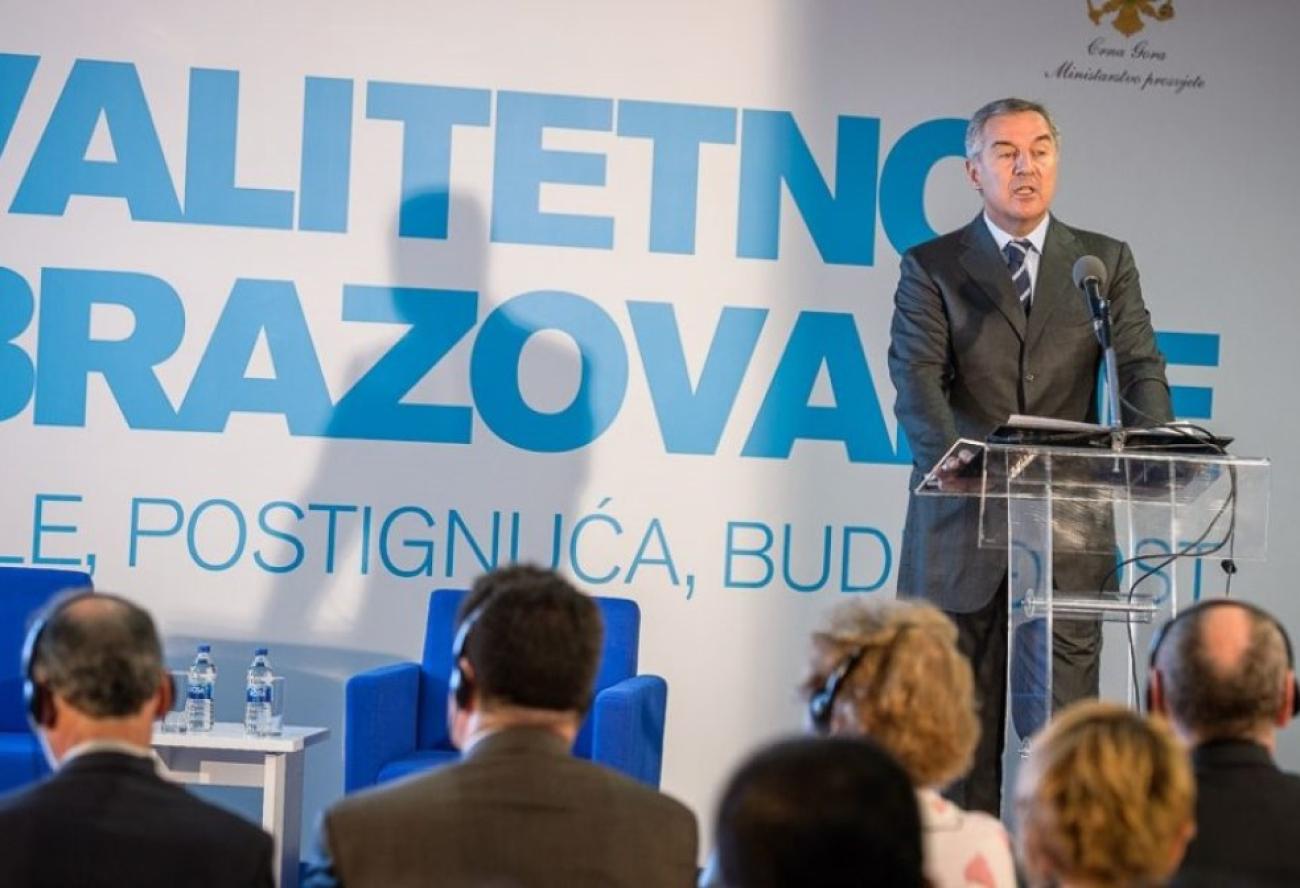The international conference “Quality Education for Better Schools, Results and Future” was organised in Podgorica.
The aim of the three-day conference was to open a public debate on the best ways to accelerate the education system reform in three key areas: increasing the number of children attending pre-school education, improving the quality of education and introducing innovative approaches to teaching and learning.
Montenegro’s Prime Minister, Milo Djukanović opened the conference and reminded that the country joined the Millennium Declaration, which includes a range of measurable and time-bound goals related to human development.
"One of these goals is to achieve 100-percent coverage in the primary school education of boys and girls by 2015, with the special focus on children from marginalized groups, as well as on the prevention of early school leaving,”
Milo Djukanović, Prime Minister of Montenegro
A recently presented survey conducted by Monstat and UNICEF indicated that less than a half of the children aged 3-5 years attend pre-school education, although this is crucial for their proper growth and development.
“With the Ministry of Education we have looked at the pre-school situation and we acknowledged that we have a disparity - a child born in the North is ten times less likely to go to the pre-school than a child born in the South. And you have similar indicators if you look at poor and rich children. And we have worked and the Ministry has worked with us and with experts with the Yale University to develop a set of options for discussion at this conference and beyond it about how we expand pre-school education”
Benjamin Perks, UNICEF Representative to Montenegro
"If we want education systems and children to thrive", Perks added, "we must also ask that parliament, civil society, media and intelligentsia elevate public thinking to a higher level of evidence based and globally informed debate."
Prominent global and local innovators and experts, university professors from abroad and from Montenegro, as well as representatives of relevant international organizations like the World Bank and OECD spoke at the conference.
Improving the quality of the Montenegrin education system through introducing innovations in teaching and learning was one of the key themes of this three-day international conference.
"The conference will contribute to defining efficient and innovative approaches which will lead to improving the quality of education and the results of our students. In this way, we will stimulate the development of knowledge, skills and attitudes that will allow students to respond to the demands made by the school, family, labour market and society“
Slavoljub Stijepovic, Minister of Education
The three-day conference addressed the issue of the strategic vision of Montenegrin education system in the 21st century, but also the issue of the best framework for advancing the mechanisms for monitoring and improving the quality of education in Montenegro.




